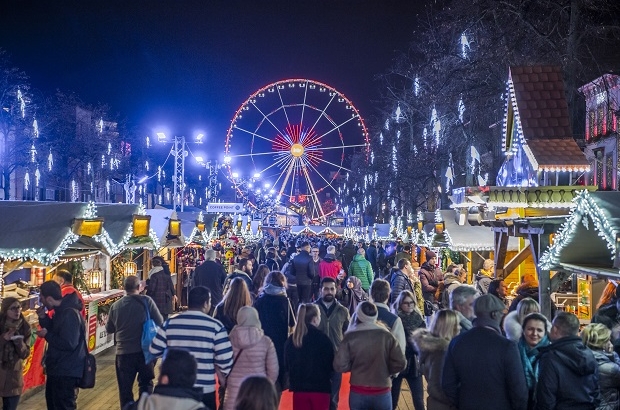- Daily & Weekly newsletters
- Buy & download The Bulletin
- Comment on our articles
Belgium's Christmas festivities will go ahead with energy-saving measures
As Europe grapples with an energy crisis, several Belgian towns and cities are reexamining the ways in which they conduct their winter festivities.
The Winter Wonders festival in Brussels will still take place, but mayor Philippe Close told Bel RTL that the city is looking into some energy-saving measures that can be applied, such as turning the lights on later and switching them off a little earlier.
The festivities in Brussels are scheduled to take place from 25 November to 1 January and are of substantial economic importance to the region.
“It's a thousand jobs, two million visitors,” said Close. “It fills our hotels, our cafes and our restaurants.”
Close added that it was important to still hold the festivals for less tangible reasons, as well.
“We must not add a moral despair to the energy crisis,” he said. “The winter holidays, the families who come there, are very important for people's morale. So yes, there will be festivities.”
Other cities around Belgium are also looking at ways to reduce the energy burden as the festive season approaches.
Some of those ways include reducing the number of light displays, shortening the number of days they are up and lowering the amount of hours when they are turned on.
Liège has decided to reduce its illuminations: from 50 to 45 days, and from 10 to eight hours per day. This is expected to result in saving around 8,500 kilowatt hours out of the 30,000 usually consumed. La Louvière will switch off its Christmas lights from midnight to 5.00.
Charleroi decided to preserve its festive lights in full, with no changes, saying that after two years of the pandemic, this festivity and magic is needed for residents. The city's Christmas village will also be maintained.
In Namur, three options are being considered: limiting the period of illumination, limiting the number of sites illuminated, and limiting the number of hours during which the lights are on.


















